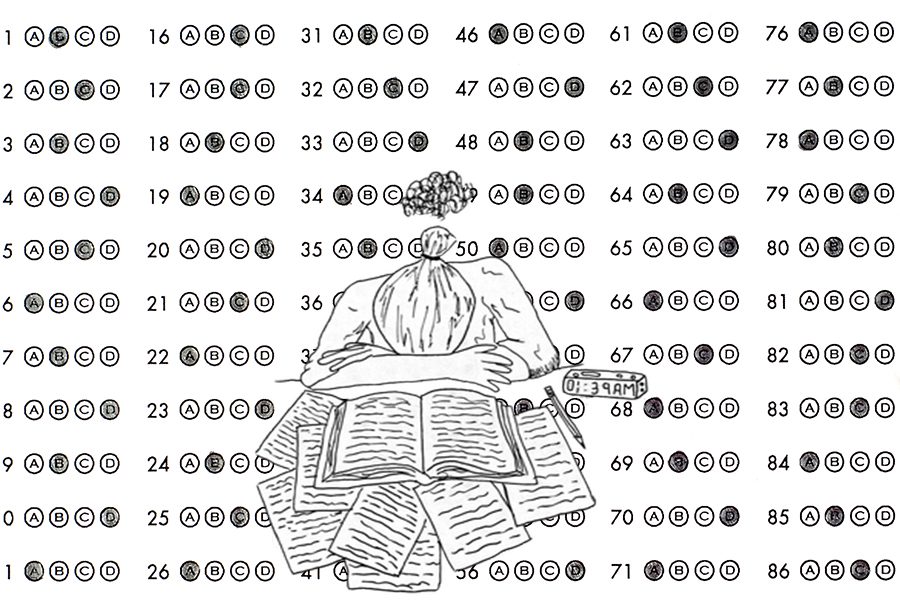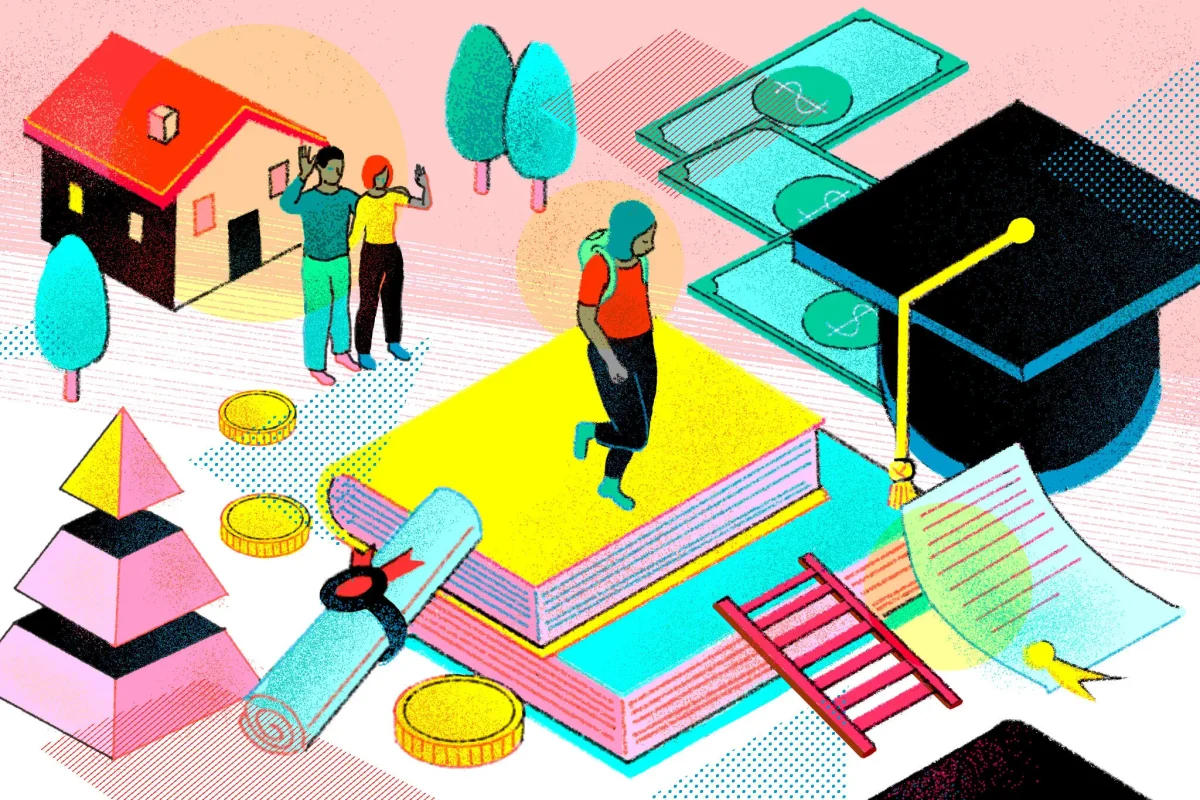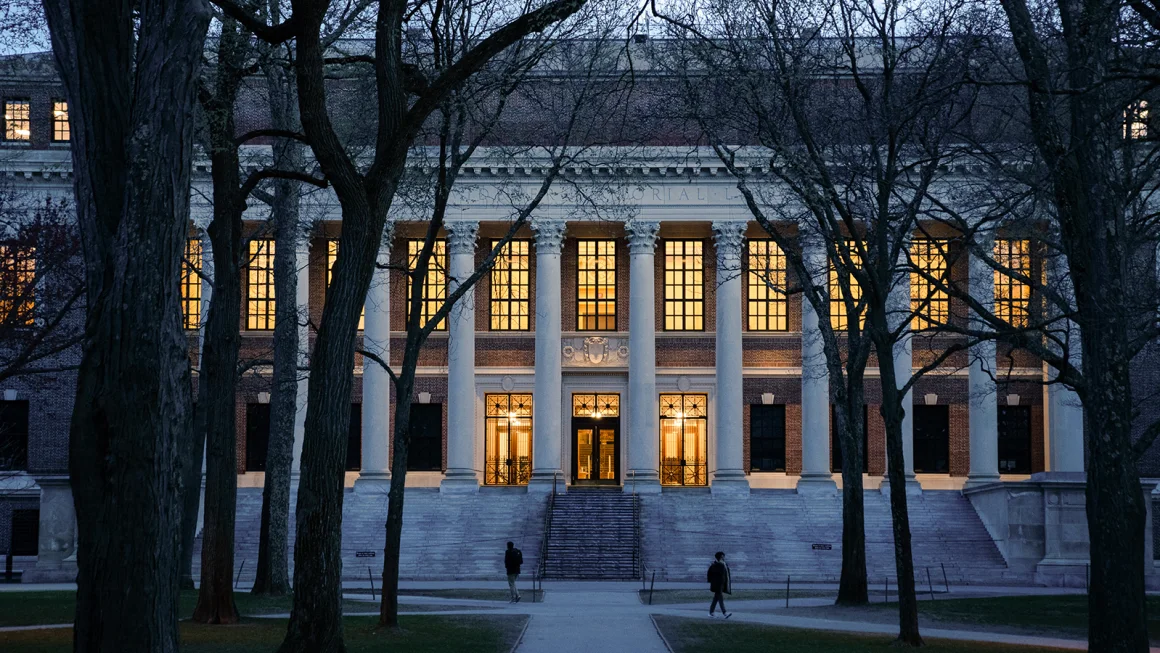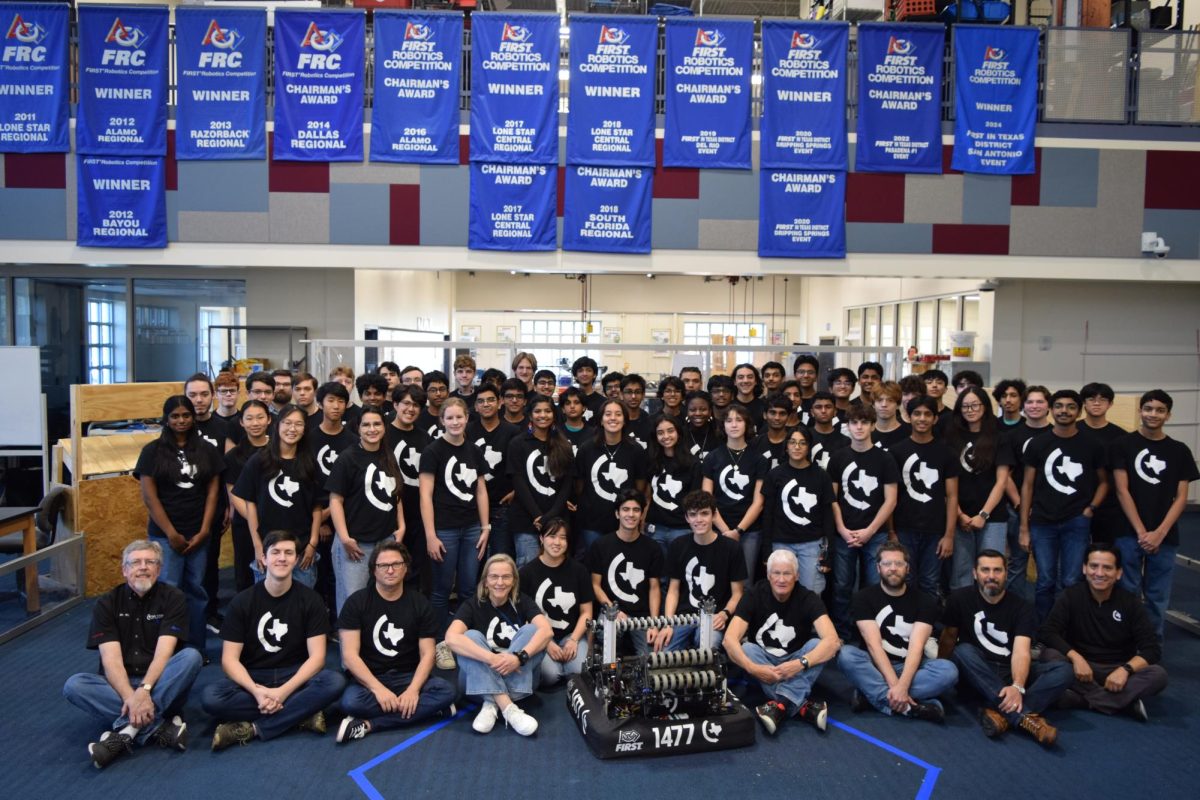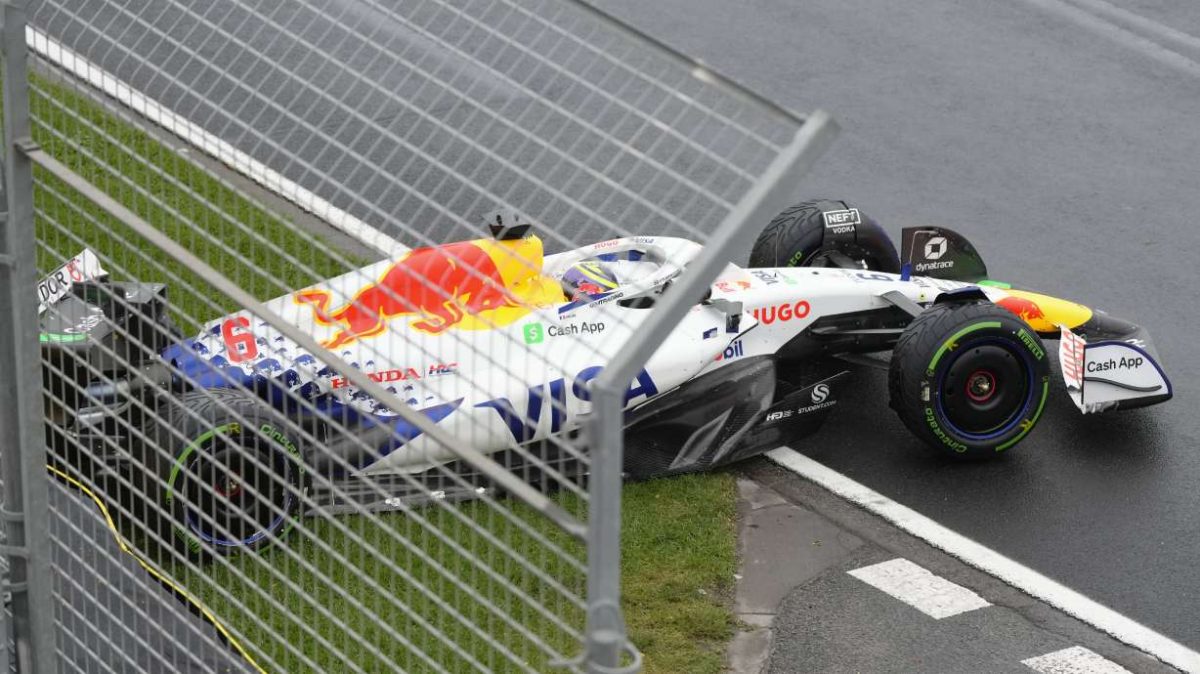Standardized tests have long been an essential part of the high-school curriculum and an even more important part in the college admissions process. Tests like the ACT, SAT, and PSAT have been a mass stressor for students across the country. In recent years, many universities have started making the standardized tests optional for their admission applications. Yet, this is not enough. Standardized tests must be disregarded completely due to their massive flaws and their contribution to sustaining inequality in academia.
Arguments against standardized testings are numerous – from the eugenics and racist origins of many of the tests to the mental health toll and unreliability of the data collected through them. Even with such arguments being commonplace and widely accepted, the rate of the ‘reformation’ of standardized tests is moving at a snail’s place.
Since Eisenhower’s farewell speech, the military-industrial-complex has long been under the scrutiny of the American eye. There has been a realization of the commodification of war and the political and economic web spun around it by weapon manufacturers all the way to Hollywood. In recent years, the use of scrutinizing various industries and trends as ‘industrial complexes’ has become more common, with the analysis of the Non-Profit Industrial Complex, Prison Industrial Complex, and many other social and economic entities. The theoretic framework of an ‘industrial complex’ can be taken from these issues and applied to the system of standardized testing.
According to economic analysis company IBISWorld, the testing and educational support industry in the US has a revenue-based market worth of over $37 billion. This industry continuously pumps out courses, books, and other resources marketed to every single student taking the standardized tests, and is usually created by the same business that helps you with it. Ironically enough, most of these resources do not focus on helping students train their math or English skills, they instead teach students how to take the test. Books are filled with strategies on timing and how to skim passages and online courses to guarantee a specific point increase. Not only does all of this reveal the test for what it is, an assessment of test taking strategy with no real gauging of skills in academic subjects, but it locks all of the needed test-taking skills behind an army of paywalls.
These fees and costs for books and tutoring create test results that significantly skew in the favor of those who can afford this material, those in high economic status. To simply put it, the more money you have, the more resources you can buy. With a test that is almost fully dependent on the test taking strategies and loopholes taught in those resources, success depends on how much money you’re capable and willing to dish out.
This means that lower income students and communities, who already face a plethora of institutional roadblocks to success, are at an extreme disadvantage in the test. This isn’t just theoretical speculation. When looking at data on almost every aspect of schooling, there is a positive correlation between student family income and their performance as measured by factors such as GPA. Yet, correlations between standardized test scores and income, researchers can observe an over 200% increased positive correlation, meaning that standardized tests significantly magnify an already existing problem of economic inequality in academia.
While some colleges and universities have made the test optional in the application process, this only attempts damage control on the inequality caused by the test, and in no way eliminates it. The elimination of a requirement for a standardized test, while attempting to deal with the heavy disadvantage a bad score can give a student, fails to deal with the extreme benefit that a high score can give an advantaged student. The tests are still pivotal for getting into competitive colleges, many of which already have an economic bias in accepting students, including those who want merit-based scholarships, which are scholarships which best serve low-income individuals.
The only way to truly even the playing field for people of all economic backgrounds is to completely get rid of standardized tests for college admissions. Colleges ought to instead pay attention to much more relevant factors: GPA, which is a much more accurate predictor of post-high-school success, student extracurricular achievements, student settings, and essays. The institution of standardized tests must be a retired practice, one relegated to an institution of the past.

